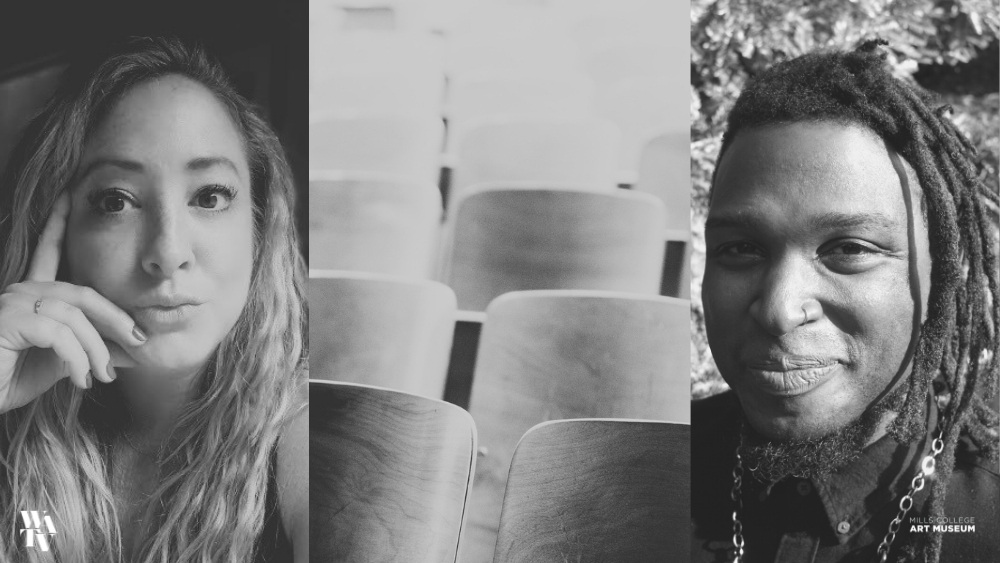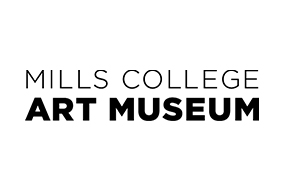Labor and the Conditions of Protest: Critical University Studies with Abigail Boggs and Nick Mitchell
Thursday, October 14, 2021 | 5:00 PM PDT
Presented by We Are The Voices and Mills College Art Museum
In their pivotal 2018 essay on the "crisis consensus" in higher education, Abigail Boggs and Nick Mitchell described questions that an abolitionist approach might begin with instead. Should the university be saved? What parts of it are worth saving? Join us for a conversation with two scholars and collaborators who are working together across very different institutions to imagine what might come after, or beyond, the university.
Bios
Abigail Boggs teaches at Wesleyan University in sociology, education studies, and feminist, gender, and sexuality studies. She is currently revising her first book manuscript, Noncitizen Futures and the U.S. University: A Genealogy, which critically reads of the figure of the noncitizen student in university policy, federal immigration law, and popular culture, and working with Eli Meyerhoff, Nick Mitchell, and Zach Schwartz-Weinstein on a project developing an abolitionist framework for studying the university (more information at abolition.university). Her writing has appeared in the Barnard Center for Research and Women's Scholar and the Feminist, American Quarterly, The Journal of Academic Freedom, and Feminist Studies as well as the edited collection Mobile Desires: The Politics and Erotics of Mobility Justice.
Nick Mitchell (he/him/she/her) is Associate Professor in the Department of Feminist Studies and Core Faculty in the Program in Critical Race and Ethnic Studies at UC Santa Cruz. As a researcher, Mitchell has principally engaged the status with higher education in the U.S. as a problem for historical and theoretical inquiry. Calling into question the presumption that knowledge production is the defining feature of the university, Mitchell’s work aims to rethink the contexts, contents, and political-economic foundations of higher education from the 19th century to the present.
As a writer, Mitchell aims to make better sense of university life-worlds by developing scales, vocabularies, and categories to reframe and rethink its rhythms and textures. These research and writing efforts can be found in essays published in Feminist Studies, Critical Ethnic Studies, The New Inquiry, and Spectre, as well as in two forthcoming books: Disciplinary Matters: Black Studies, Women’s Studies, and the (Neo)Liberal University (under contract with Duke University Press) and The University, in Theory: Essays on Institutionalized Knowledge.
We Are The Voices is a Mellon Foundation Higher Learning funded project linking Mills College students and faculty with poets and scholars working in Oakland and beyond.


